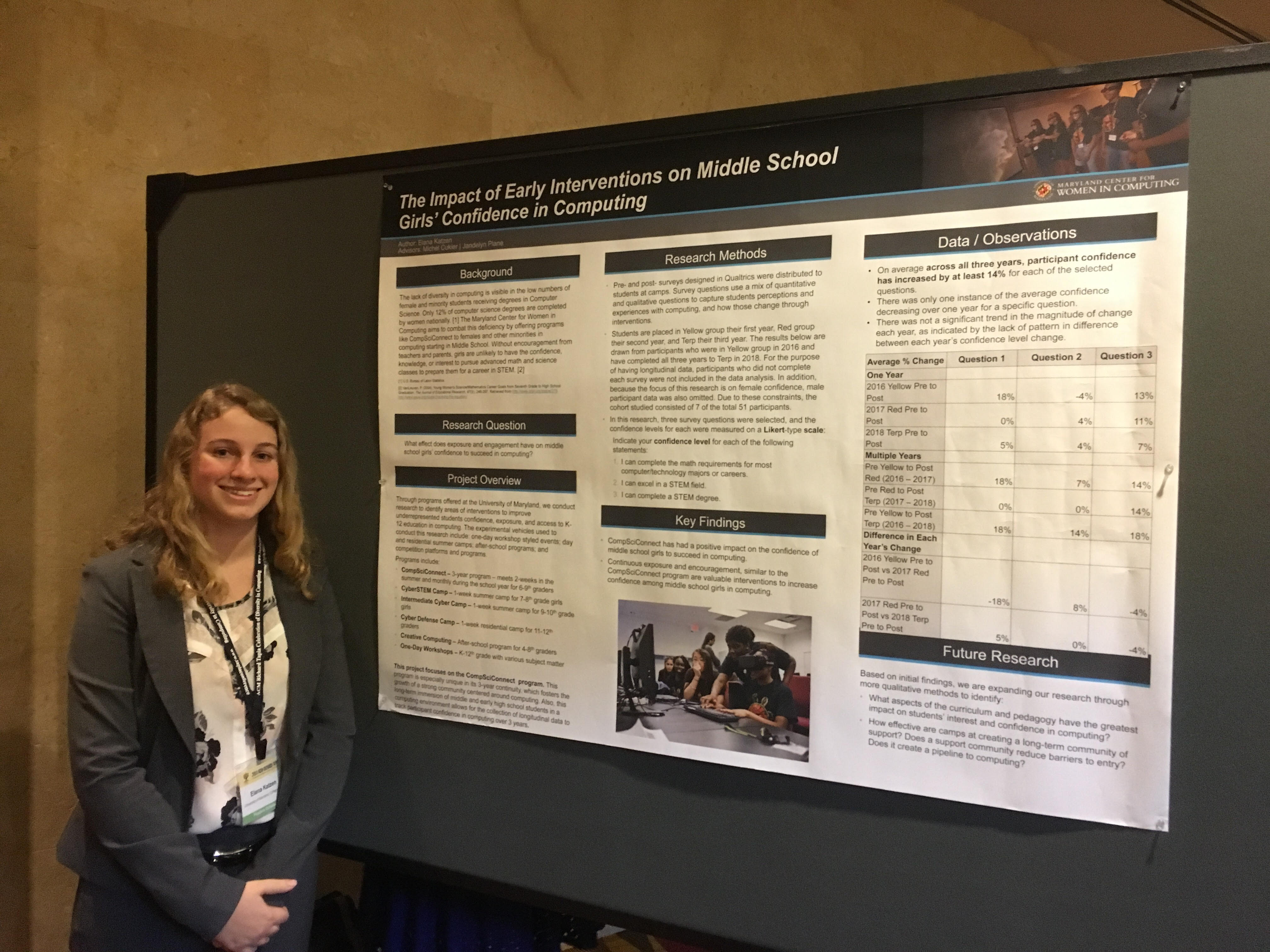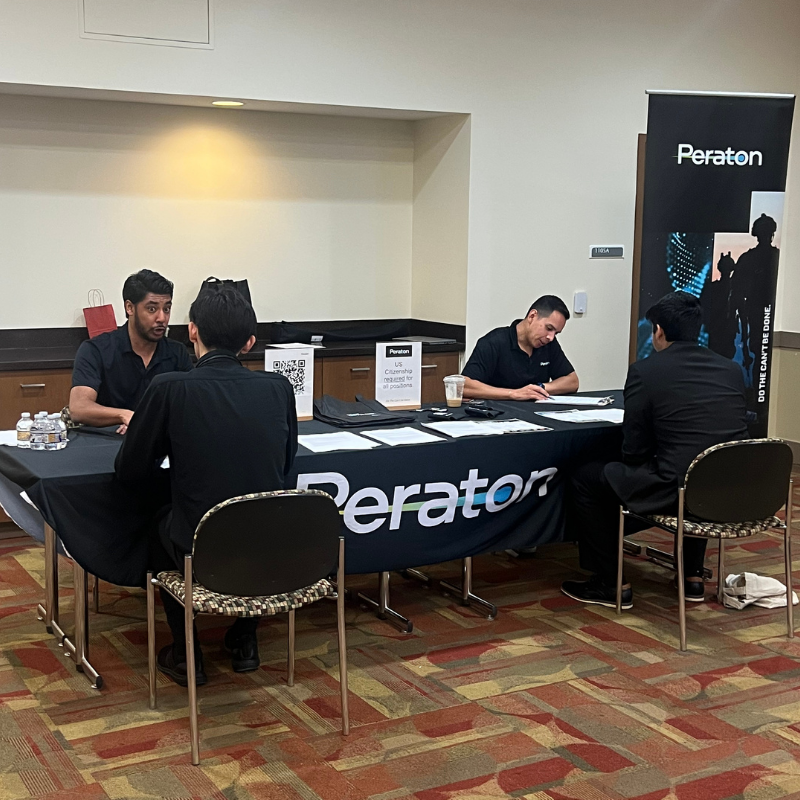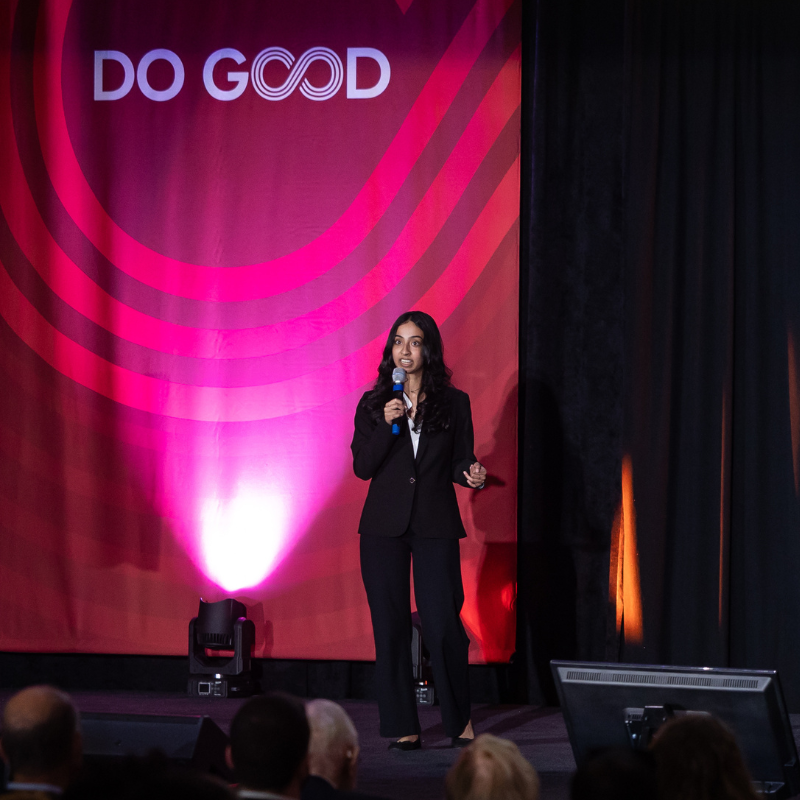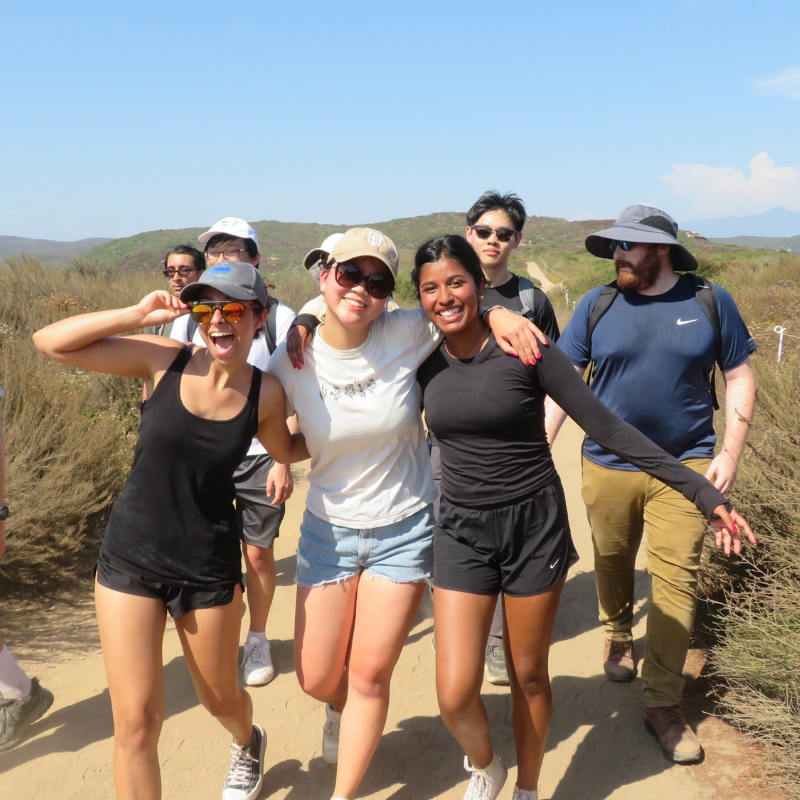News Story
ACES Minor student wins first place in Tapia Poster Competition

Junior Elana Katzen was awarded first place in the Tapia Poster Competition for Undergraduates at the 2018 ACM Richard Tapia Celebration of Diversity in Computing Conference.
Elana, an Information Systems and Operations Management & Business Analytics major, worked with Jan Plane, ACES Associate Director and Director of the Maryland Center for Women in Computing (MCWiC), to complete her research.
Her paper, “The Impact of Early Interventions on Middle School Girls' Confidence in Computing” focuses on the MCWiC’s CompSciConnect program, a three-year program for middle and high school students in which participants learn computer programming skills in summer camp, then apply those skills to create unique projects in groups at monthly meetings throughout the school year.
In CompSciConnect, undergraduate students called Teaching Ambassadors lead the program and are role models for student participants. All camp and monthly meetings are located in the University of Maryland Computer Science building in order to foster feelings of acceptance and familiarity. There is also three-year continuity of the program which enables students to build a strong community of peers.
Elana says, “I am researching how this community aspect of learning impacts the students' confidence in studying and pursuing a career in STEM. This research is particularly unique because there is longitudinal data that we can use (from pre and post surveys each year) to track participant confidence in computing over three years.”
The study is ongoing, but they have found that the CompSciConnect program has positively impacted the confidence of female participants to succeed in computing. They also learned that exposure and encouragement are valuable components in increasing confidence among underrepresented populations in computing.
Elana decided to apply to the Tapia conference because it is a celebration of diversity in computing in which students and professionals of all levels and backgrounds come together.
She says, “I was interested in presenting at a diversity-in-computing conference because diversity is extremely valuable in any work environment, especially one that relies heavily on problem-solving. People from different backgrounds tend to approach problems differently. Thus diversity in computing helps to cultivate more varied ideas for solving problems, resulting in innovation and expansion of the field.
Published September 24, 2018









